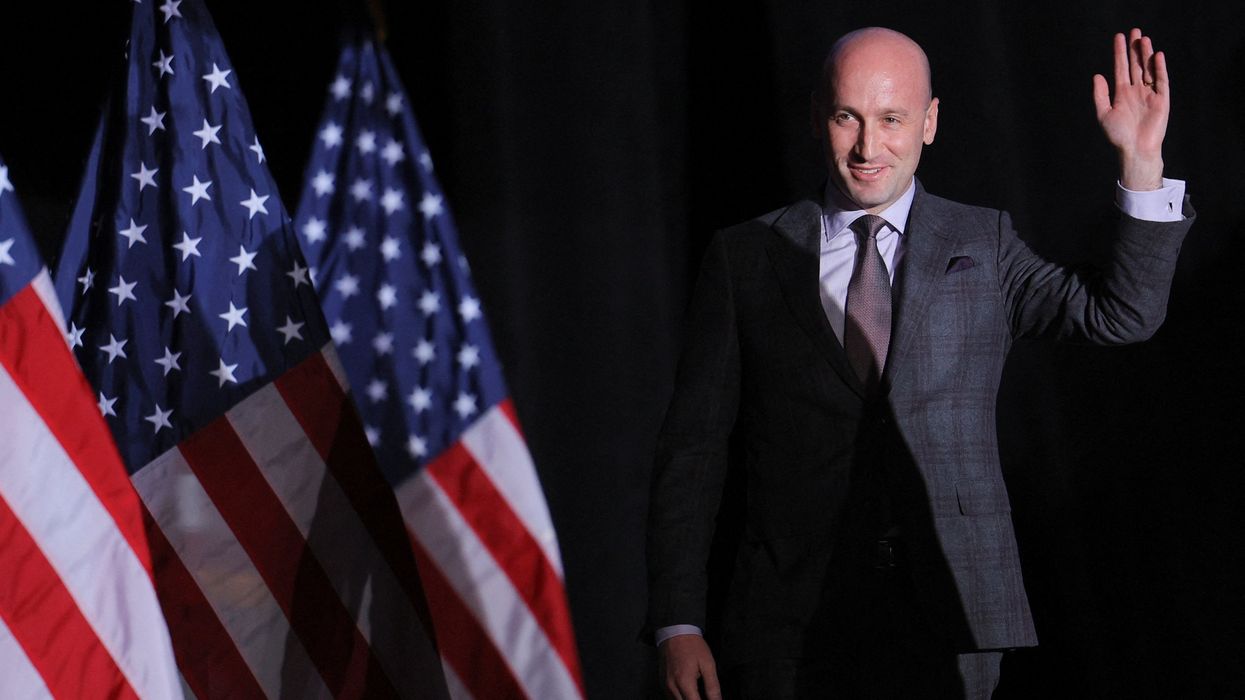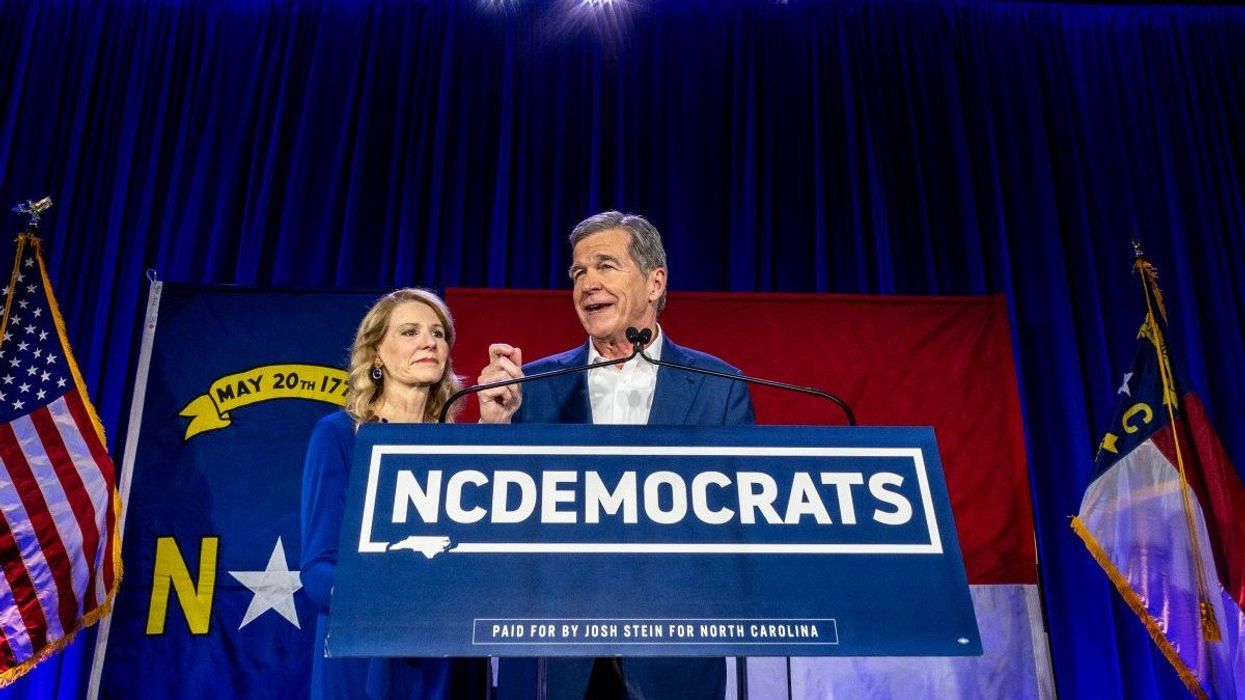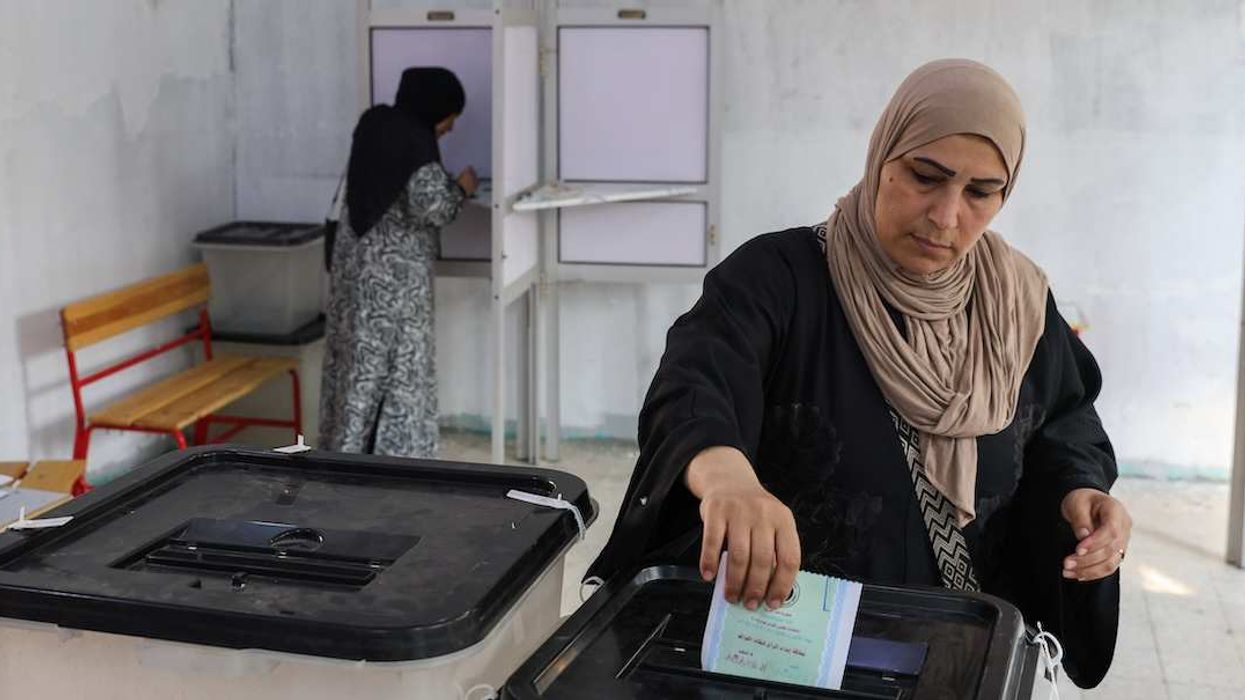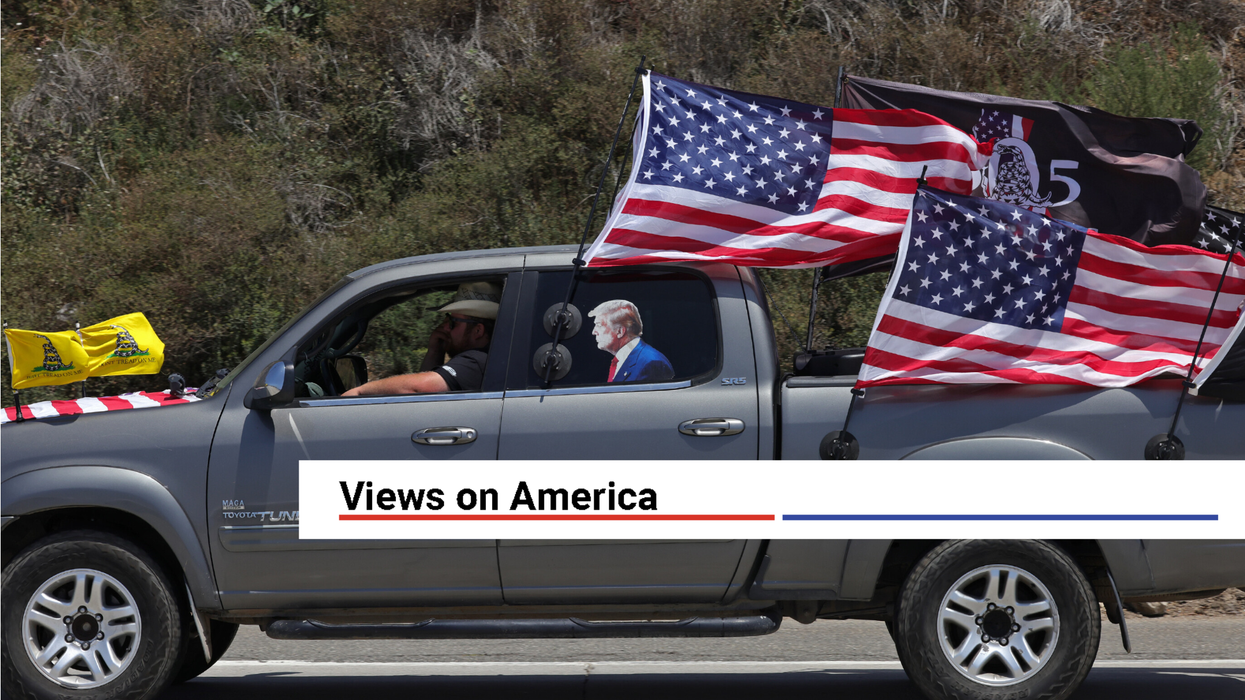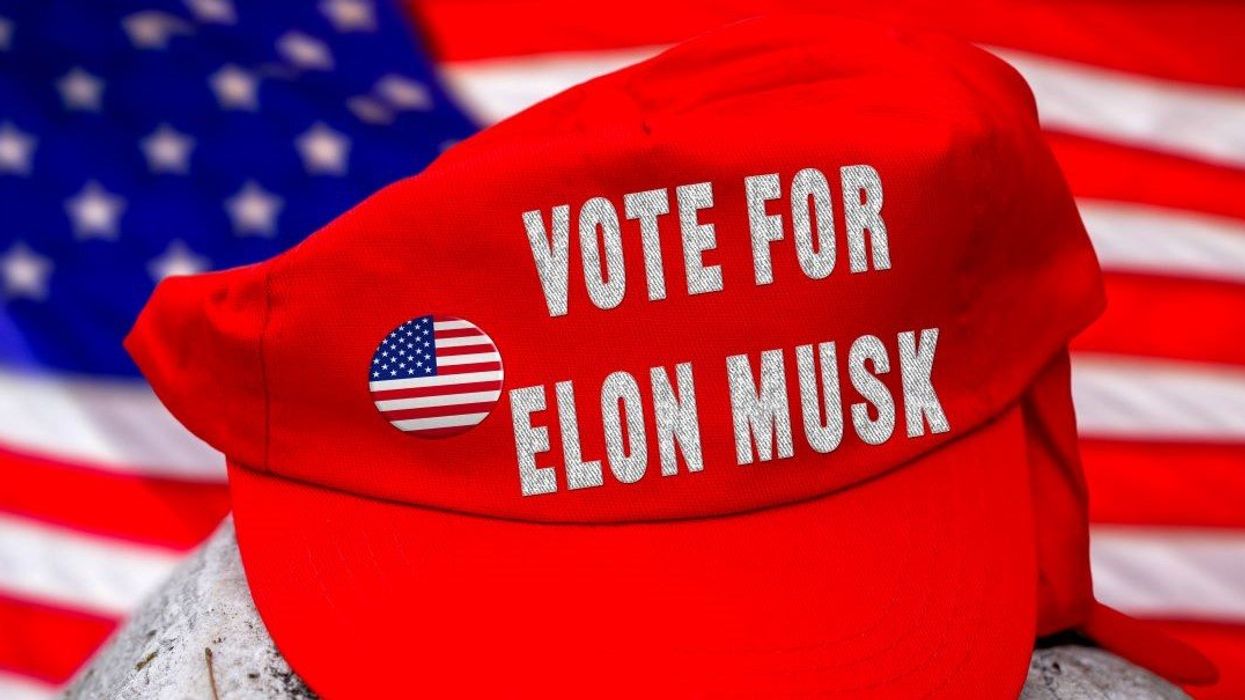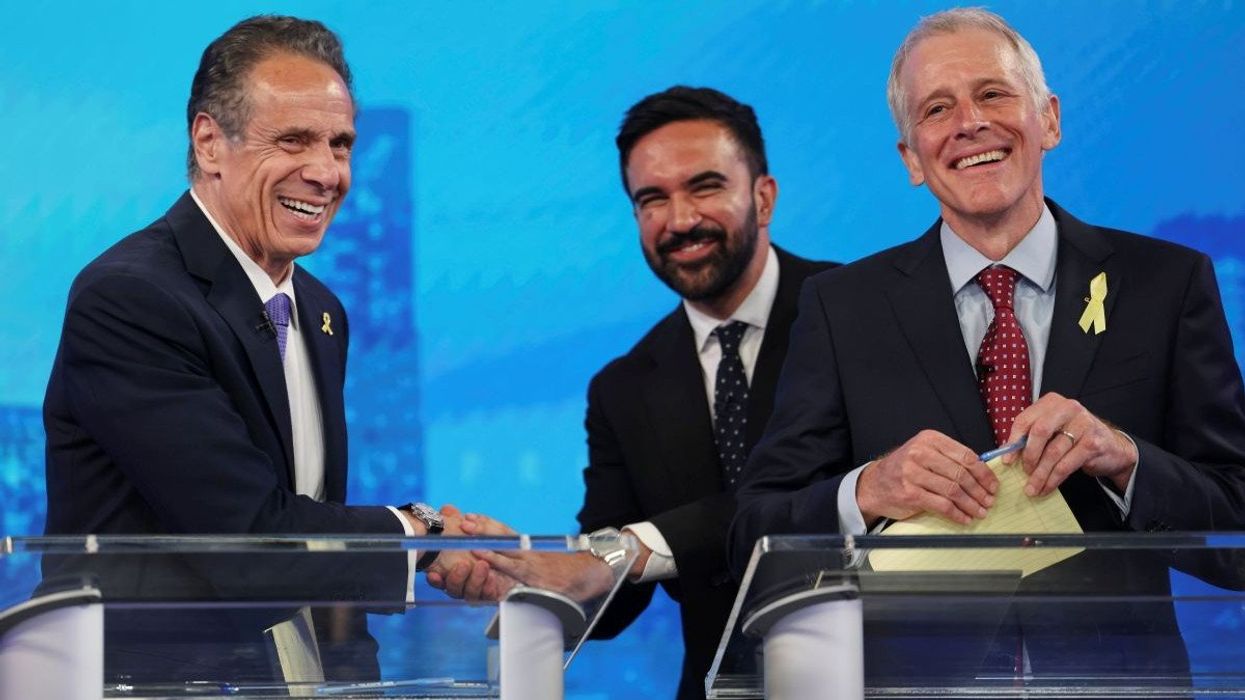The debate kicked off with the escalating situation in the Middle East, as the moderator asked the candidates whether they would support Israel if it launched a preemptive military strike against Iran. Both candidates said Israel has a right to defend itself, but while Walz dodged answering the preemptive question directly, Vance said it was “up to Israel what it needs to do to keep their country safe. We should support our allies.” He also praised Trump’s deterrence strategy, saying that the world was more stable under his administration – an argument that is becoming more potent as the situation in the Middle East escalates.
Climate change came second, as North Carolina reels from Hurricane Helene, and as Americans across the country are facing more frequent, and expensive, natural disasters. Walz focused on the Biden-Harris administration’s investment in clean energy through the Inflation Reduction Act, pointing out that it created jobs and gave funding for adapting infrastructure to withstand climate change.
Meanwhile, Vance did not explicitly deny that carbon emissions are warming the Earth, straying away from Trump, who has repeatedly called it a hoax. But he emphasized the need for more investments in nuclear and natural gas, and for restoring US energy production and manufacturing, which he claimed was cleaner than producing it overseas.
The discussion about abortion offered Walz one of his strongest moments. He rearticulated that the Harris-Walz campaign stands for restoring Roe v. Wade and for reproductive rights, one of Democrats’ strongest issues heading into November.
Surprisingly, Vance criticized the uneven availability of abortion services and referenced instances where state regulations resulted in medical complications for women. While this concern runs contrary to the times he has said he supports a national abortion ban, viewers unfamiliar with Vance’s previous statements would have heard a candidate who was sympathetic to the need to ensure reproductive care. He even acknowledged that the GOP needed to do a better job in “earning the American people’s trust back” on abortion issues.
On the economy, Vance argued it was better under Trump and highlighted the need to bring manufacturing jobs back to the United States, expressing unease about the relocation of production to nations like China. Walz didn’t disagree with him on manufacturing and China, but he also highlighted Harris’ plans to create an “opportunity economy” and plans to increase housing.
They both attacked their running mates’ economic records. “Tim, I think you got a tough job here because you gotta play Whac-A-Mole,” Vance said, accusing Walz of having to “pretend” that Biden’s economy didn’t have higher inflation than Trump’s. Walz rebutted that Harris from Day One had been plagued by “Donald Trump’s failure on COVID that led to the collapse of our economy.”
When asked about immigration, Vance called for a strict crackdown at the Southern border, saying the Trump administration would focus its mass deportation efforts on undocumented immigrants who have committed crimes. Walz focused his answer on the bipartisan border deal that Republicans tanked in the Senate at Trump’s request earlier this year. He also highlighted the Biden-Harris administration's success in curbing the opioid crisis and took Vance to task on lies he told about Haitian migrants in Springfield, Ohio, eating people’s pets. The altercation, one of the spiciest of the night, led to both men’s mics being muted.
So, who won? With 35 days left before the election, few voters are likely to be swayed by the outcome of this debate. Vance appeared prepared and reasonable and landed significant punches against Walz and Harris that the Minnesota governor struggled to refute. He was also effective in laundering many of the Trump-Vance tickets’ most extreme statements on immigration, abortion, and healthcare to make them sound more appealing to moderates.
Walz struggled out of the gate. It was apparent that he had done fewer press interviews and was less comfortable on the debate stage than his Yale-educated, frequent-cable-news-guest opponent. The governor spent much of the debate with his head down, taking notes. But he ended strong, vigorously pressing Vance on giving a “damning non-answer” to the question about whether he would acknowledge that Trump lost the 2020 election.
Vance was, in large part, performing for an audience of one: Trump. After a series of recent flubs spurred rumors that the former president might regret his VP choice, Vance knew he needed to win over the boss. While Vance strayed away from Trump’s rhetoric, the former president seemed pleased with the performance, posting on Truth Social in all caps, “GREAT JOB JD.”








